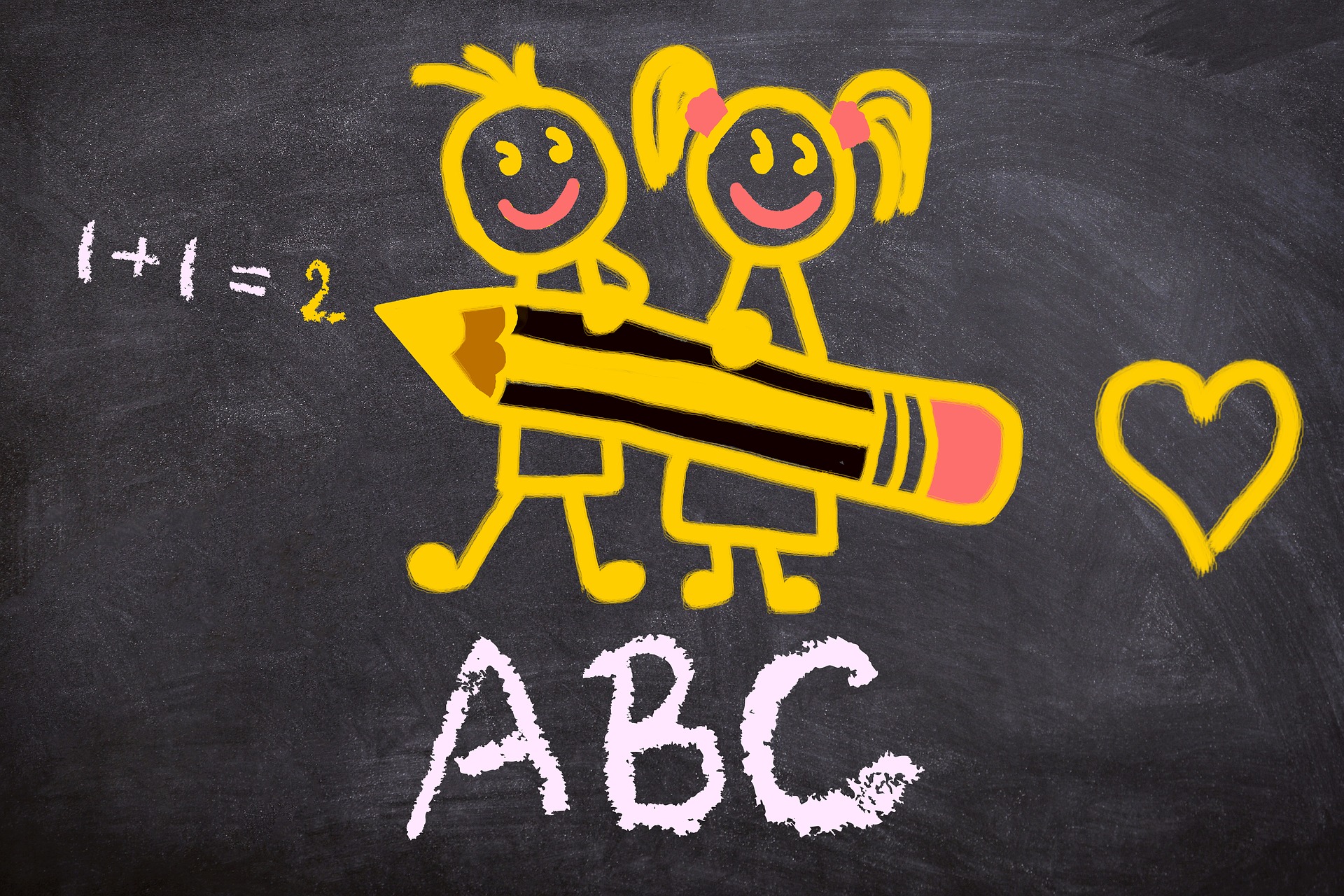 The School-wide Basic FBA to BIP trainings can help schools begin to establish a common language and understanding of behavior and function-based intervention across all staff.
The School-wide Basic FBA to BIP trainings can help schools begin to establish a common language and understanding of behavior and function-based intervention across all staff.
Effective “host environments” are necessary if schools are to be successful in implementing effective individual support. While implementing Tier 1 and Tier 2 within an MTSS framework are critical, research suggests schools may need to do more to develop supportive school-wide contexts that reduce resistance and address common barriers to the implementation of individualized behavioral supports. School efforts to implement individual support are commonly impeded by school tradition, policy (e.g. removing students to alternative settings, accepted use of punitive discipline) or by staff members’ lack of knowledge, skills, or contradictory beliefs (e.g. individualized interventions are unfair to other students, resistance by staff to change management practices.
Resistance and frustration of individual staff members is understandable given the limited training most school professionals receive in behavioral intervention for students with persistent challenging behavior. Further, school staff are often not prepared to be active participants in the FBA to BIP process. Administrators frequently report a need for more training on “interventions for behavioral problems” and “FBA” for all school staff.
School-wide agreements and explicit staff-wide training to increase understanding, skills, and commitment to supporting individual students with persistent challenging behavior is necessary to establish a more effective and efficient “host environment” for successful individual behavior support. Both the effectiveness and efficiency of the FBA to BIP process is dependent on building local experts to carry out FBA and BIP procedures AND professional development to create a more hospitable and supportive environment in which to implement individual behavior support. This requires strong building leadership with a commitment to supporting individual students with challenging behavior and active steps to train and prepare all staff to better understand and support students with persistent problem behavior.